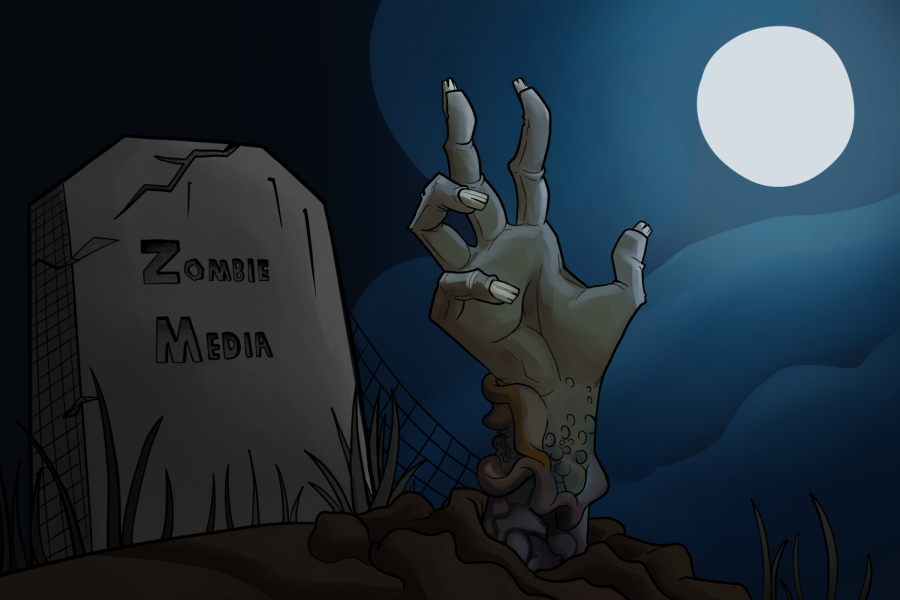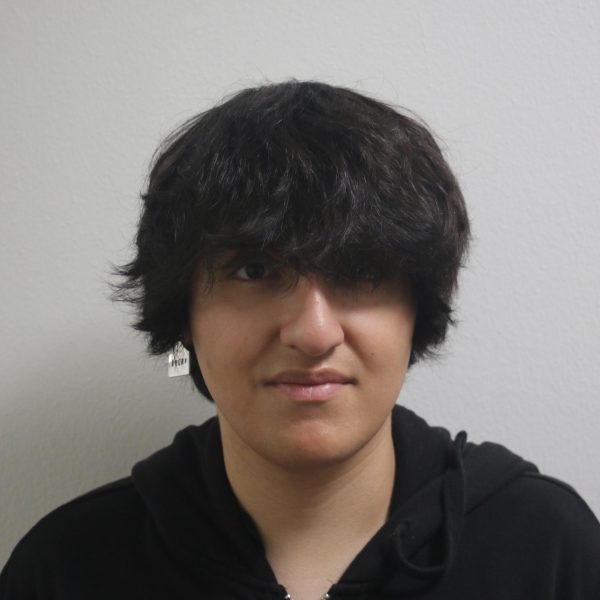‘The Last of Us’ revives zombie fiction
March 28, 2023
Zombie fans are eating well right now. Tackling apocalypse fiction requires a perfect alignment of competent writing, compelling characters and chaos. Many have tried but creatively misfired, driving away fans of the medium.
But when entertainment gems like HBO’s “The Last of Us” demonstrate TV’s ability to move audiences, it reminds you that when you’re lost in the dark, you look for the light.
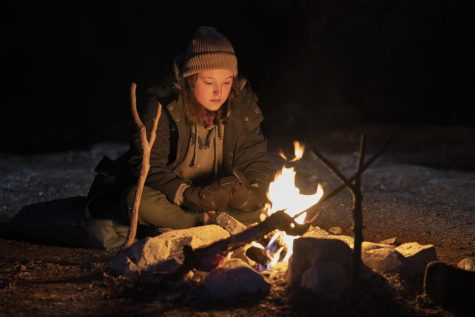
In a faithful but refreshing adaptation of the 2013 game, “The Last of Us” is a heart-wrenching story about finding love and hope in a bitter apocalypse.
The show takes place 20 years after a fungal infection that turns its hosts into zombie-like abominations. We walk through the United States in the shoes of Joel Miller, a smuggler hardened by the loss of his daughter. He’s bitter and doesn’t hesitate to pull the trigger, but receives a rude awakening when ordered to smuggle a teenage girl named Ellie.
Ellie is immune to the Cordyceps infection that brought humanity to its knees. After being put in Joel’s hands, the two embark on a journey across the country to a fabled facility where Ellie’s gift can be turned into a cure.
Along the way, Ellie helps Joel rekindle his lost humanity. He’s given someone to care for beyond the job and fears reliving the trauma of losing his daughter again.
Each stop features dilemmas that pit Joel against the exterior that consumed him for decades. By the end of each episode, his connection with Ellie thickens – this culminates in the season finale when Joel has to make an impossible choice to preserve his bond with Ellie.
“The Last of Us” isn’t afraid to pull any punches. No matter the hazards thrown at our dynamic duo, we can trust they’ll come out feeling closer than ever.
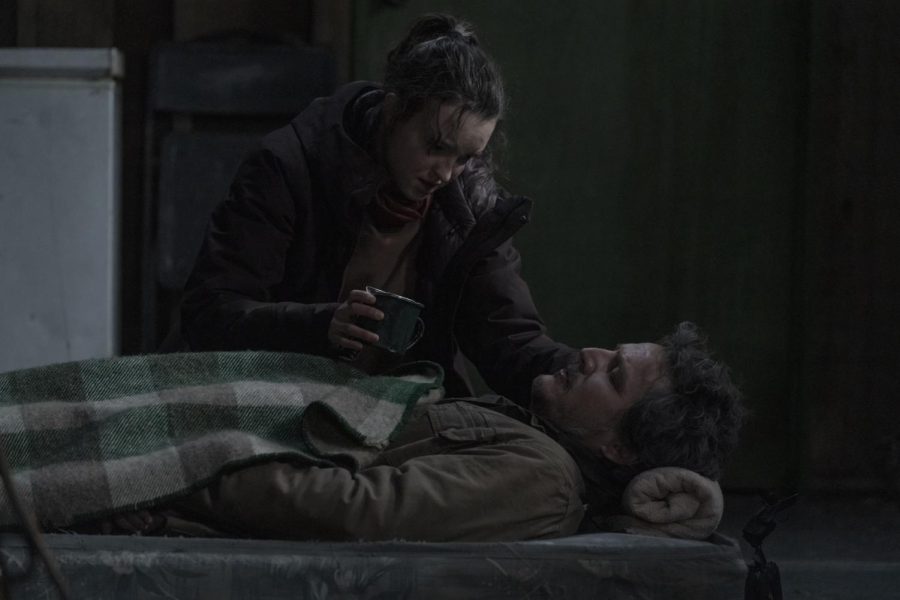
There’s room for the apocalypse backdrop, but its moments of fungal chaos are calculated to avoid overshadowing Joel and Ellie’s survival. Its moments of genuine terror wouldn’t be the same without its characters adding an emotional stake to the action.
People trying to save themselves and others are what make survival drama gripping, not guts and gore. Other shows can take notes from this.
When this show was announced, zombie fiction was in a slump. “The Walking Dead” wrapped up its tumultuous, decade-long run to little fanfare. Furthermore, the “extended universe” marketed to reinvent the franchise is already off to a rocky start.
Shows like TWD took off because of legendary character drama. But as time, writers and even leading actors went on, the show decayed into an identity crisis.
Matching its namesake, the show stumbled without a clear plan, let alone end, and the exhaustion was evident in the ratings.
Fans initially worried “The Last of Us” wouldn’t be different. Video game adaptations are known to fail: demonstrated by Paramount’s “Halo,” ruined by a source material departure that felt like betrayal.
Fortunately, ratings and viewership exploded – in just nine episodes, viewership rocketed from 4.7 million views to 8.2 million, giving other streaming gems “House of the Dragon” and its near 10 million viewers a run for their money.
Like the 2013 game, “The Last of Us” succeeds in elevating entertainment into an artform.
Similar shows like “Station Eleven” and “The Leftovers”, albeit not directly inspired by the fungal apocalypse, are examples of survival fiction that needs more humanity to keep audiences engaged.
While a fictional apocalypse rooted in cynicism can exist, viewers like myself have left the show feeling hopeful in humanity, despite how divisive our world feels at the moment.
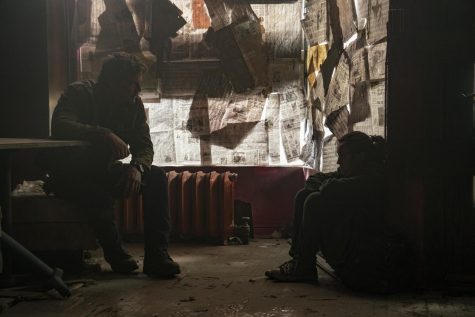
The existence of “The Last of Us” and similar shows proves that apocalypse fiction can enrich us on a critical level, invoking a sense of humanity that moves its colorful cast. Its writers have done an excellent job at advancing the medium.
No matter the amount of slop made for controversy, we can still get shows with passion at the wheel. On the second, third, or even fourth re-watch, there’s always something new to appreciate.
This show creates hope for future shows that will bud from its success like the spores of a budding fungus.

